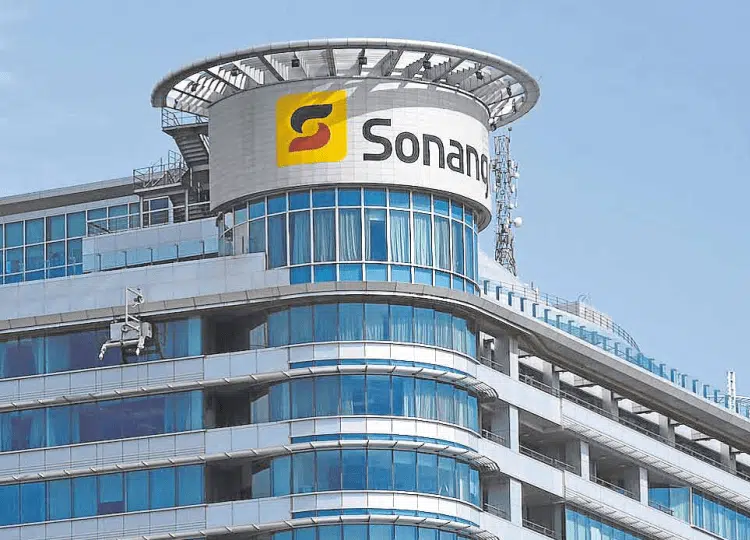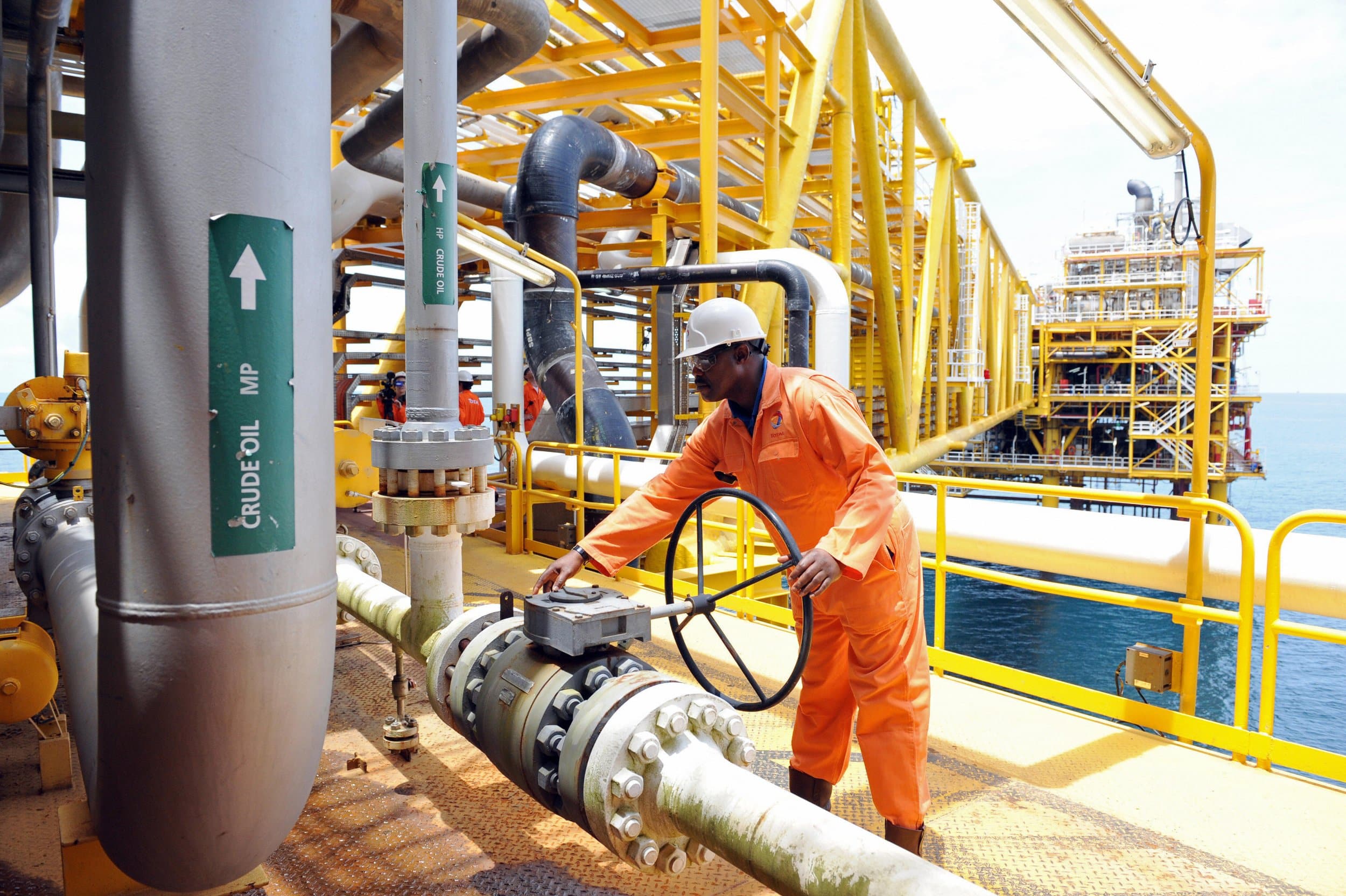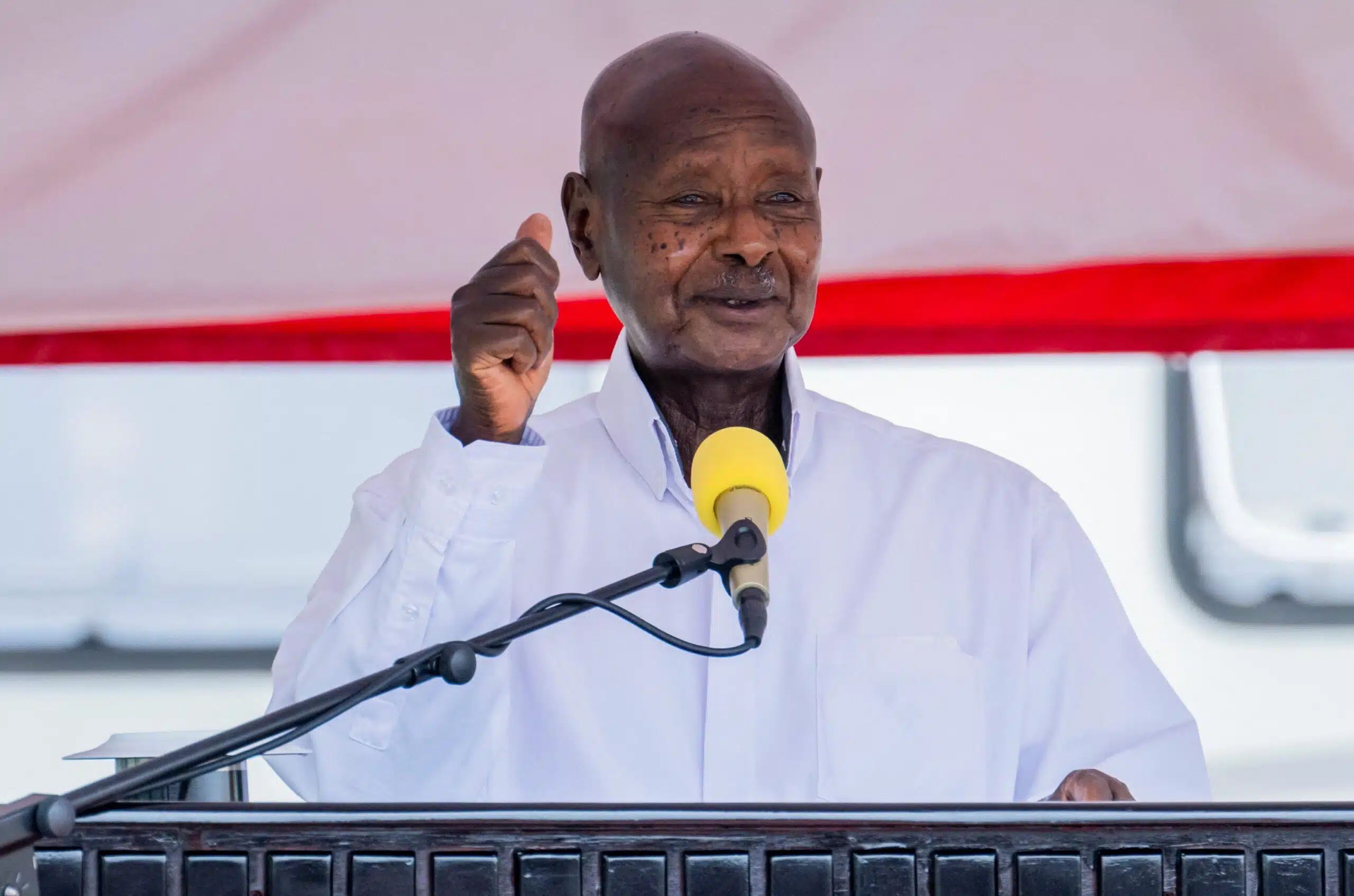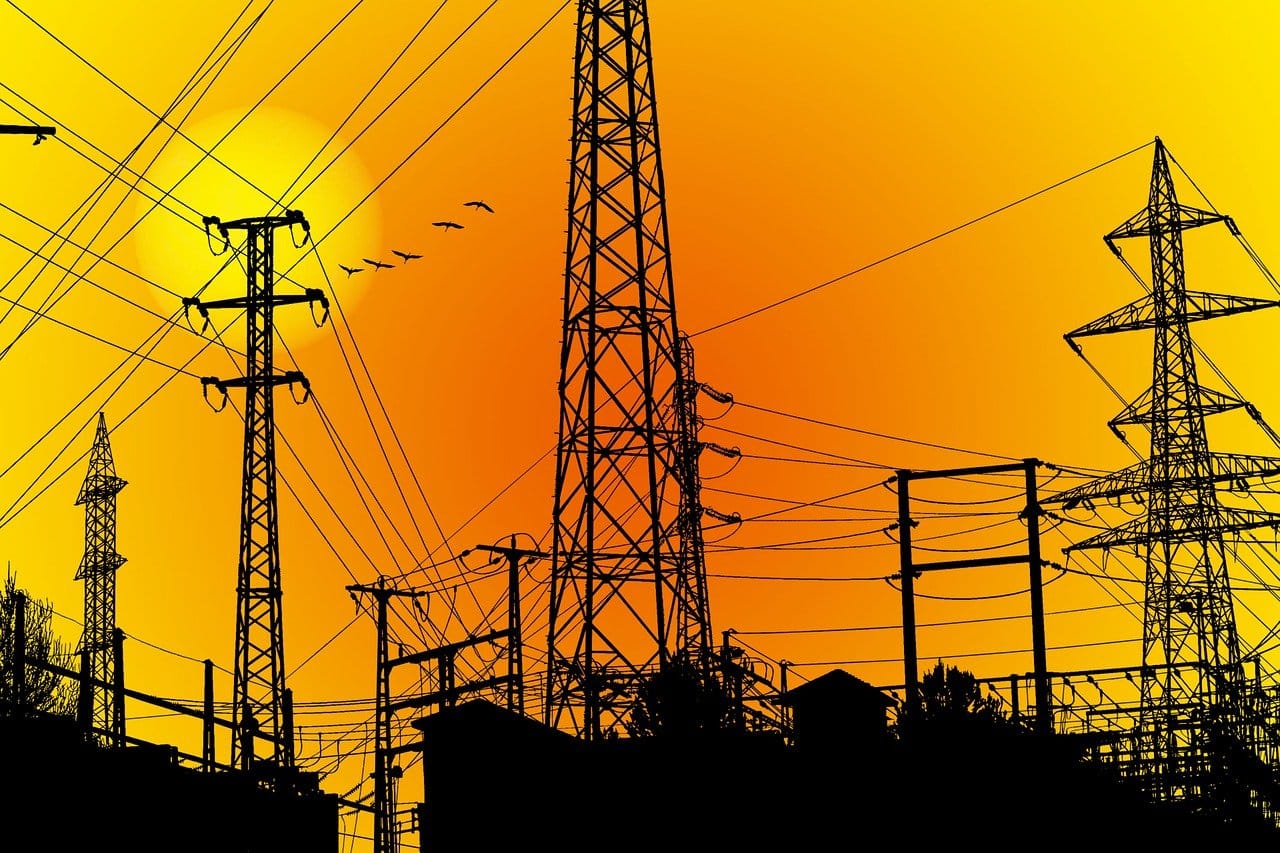Nigeria’s oil sector has attracted $18.2 billion in fresh commitments through 28 new Field Developments Plans (FDPs) approved in 2025.
The Chief Executive of the Nigerian Upstream Petroleum Regulatory Commission (NUPRC), Gbenga Komolafe, said the plans would unlock 1.4 billion barrels of oil and 5.4 trillion cubic feet (TCF) of gas.
He explained that these developments would add about 591,000 barrels of oil per day (bpd) and 2.1 billion standard cubic feet per day (BSCFD) of gas.
The investment commitments are expected to boost crude oil and gas output, positioning the country as a competitive hub for upstream energy projects.
Komolafe linked the progress to reforms under the Petroleum Industry Act (PIA) and the policy direction of President Bola Tinubu’s administration.
New rules shaping upstream investment
The Petroleum Industry Act, which came into force in 2021 after nearly two decades of debate, was designed to overhaul how Nigeria manages its oil and gas resources.
It introduced new fiscal terms for companies, gave more power to regulators, and created clearer rules for licencing and production.
Under the law, the NUPRC was established as the main upstream regulator.
Since then, the commission has issued 24 regulations, 19 of which have been formally put into effect to guide investors and operators.
Part of the Commission’s work has been the introduction of a Regulatory Action Plan to address long standing challenges such as delays in approvals and unclear licencing processes.
The plan aims to make bidding rounds more transparent, reduce entry barriers for smaller players, and encourage broader competition.
Industry records show that the Nigeria’s rig count has climbed from just eight in 2021 to 43 by September 2025.
The increase is a key indicator of rising exploration of drilling activity, reflecting growing investor confidence in the sector after years of stagnation.
In 2025 alone, the Commission approved 28 new FDPs, unlocking 1.4 billion barrels of oil and 5.4 TCF of gas.
These FDPs underline Nigeria’s re-emergence as an attractive upstream investment destination.
Major projects are also moving forward, including a $5 billion Final Investment Decision (FID) for the Bonga North deep offshore development and a $500 million commitment for the Ubeta gas project.
Other projects under review include HI NAG Development, Ima Gas, Owowo Deep Offshore, and Preowei Fields, reflecting the depth of Nigeria’s project pipeline.
Fresh investments and licensing opportunities
Since taking office, President Bola Tinubu has approved five major acquisition deals worth more than $5 billion, creating new opportunities for indigenous oil and fuel companies to scale their operations.
Recent licencing rounds have also drawn strong investor participation. These included the award of 57 Petroleum Prospecting Licences (PPLs) in 2022, the 2022 mini bid round, and the 2024 licencing round.
Adjustments to signature bonus requirements and streamlined access rules helped ensure that 27 out of 31 blocks offered in 2024 were awarded to investors.
The outcome provided a solid basis for further investment commitments and demonstrated renewed confidence in Nigeria’s upstream sector.
Officials described these as part of a broader strategy to push crude oil production beyond 3 million barrels per day.
Beyond boosting output, the reforms are designed to secure fuel for the domestic market while maintaining export opportunities.
Energy security, according to the Commission, remains central to building resilience in the economy and supporting industrial growth.
“With the Petroleum Industry Act as our foundation, reinforced by presidential directives and regulatory initiatives, we are also building an upstream environment that rewards, innovation, and responsibility,” Komolafe said.








